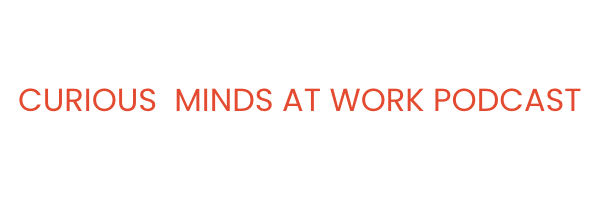 What if instead of improving our lives, our technology is actually making them less meaningful?
What if instead of improving our lives, our technology is actually making them less meaningful?
Many of us live in a hyperconnected world. Hourly, we’re responding to messages, writing emails, browsing social media, and combing the Internet. By the end of the day, we’re left wondering why we feel so unproductive and exhausted. These are feelings that Cal Newport, author of Digital Minimalism: Choosing a Focused Life in a Noisy World, associates with the addictive nature of our devices.
Cal believes our tech addictions have set us on a path for lives that feel less meaningful and less in our control. In this interview, he argues that, “It’s this sense of losing autonomy. That you signed up for these things…then you look up years later and see that you’re using them more than is useful…feeling like it’s manipulating the way that you feel and what you believe.”
But rather than providing simplistic solutions, Cal describes a robust philosophy he calls digital minimalism. He explains how it challenges us to ask bigger questions like, “Do I like my life? Am I living a life worth living? Do I feel meaning and satisfaction? Do I feel a sense of authentic engagement?”
Cal Newport is Associate Professor of Computer Science at Georgetown University. He writes the Study Hacks Blog and is the author of five other books, including: So Good They Can’t Ignore You, and Deep Work.
Episode Links
Steve Jobs announcing the first iPhone in 2007
Leah Pearlman on the perils of Facebook’s “like” button
Zen and the Art of Motorcycle Maintenance by Robert Pirsig
All Things Shining by Hubert Dreyfus and Sean Dorrance Kelly
The Attention Merchants by Tim Wu
Curious Minds interview with Tim Wu
Lead Yourself First by Raymond M. Kethledge, Michael s. Erwin, and Jim Collins
Reader, Come Home by Maryanne Wolf
The Shallows by Nicholas Carr
Benjamin Franklin’s and the Junto for structured social gatherings
The Host
If you enjoy the podcast, here are three ways you can support the work we do. First, subscribe so you’ll never miss an episode. Second, tell a friend or family member, so you’ll always have someone to talk to about it. Third, rate and review the podcast wherever you subscribe, so you can help listeners find their next podcast.
Look for the Curious Minds podcast on:

Comments are closed.